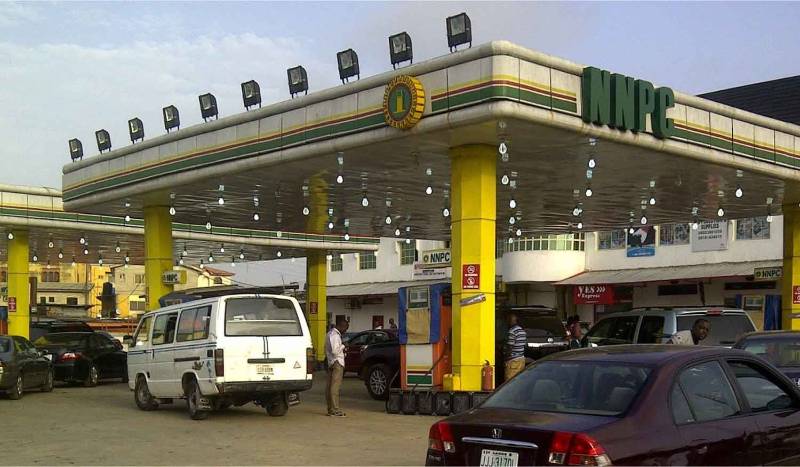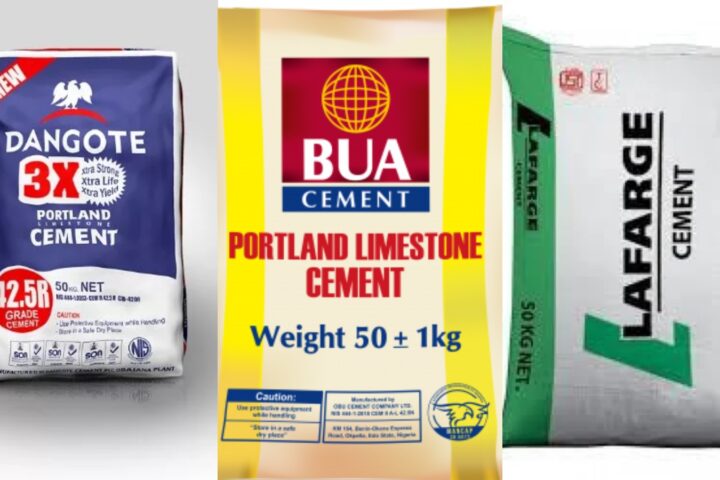The Nigerian National Petroleum Company (NNPC) Limited says it has no plan to increase the pump price of Premium Motor Spirit (PMS) commonly known as petrol.
This was made known in a statement signed by the NNPCL Chief Corporate Communications Officer, Olufemi O. Soneye, released on Wednesday.
Join our WhatsApp ChannelCurrently, petrol sells between N570 and N660 per litre, depending on the location within the country.
Independent petroleum marketers had reportedly expressed concerns about a potential increase in the pump price of petrol to N1,200 per litre.
READ ALSO: NNPC, Marketers Bicker On Fuel Subsidy Payment As Naira Depreciation Deepens
Their speculation about a potential increase of PMS pump price was based on a combination of factors, including the rising cost of crude oil in the international market, the continuous depreciation of the naira against the dollar, and the high cost of distributing petrol within Nigeria.
The rumour created an uneasy calm among Nigerians who took to social media to express their frustration should it turn out to be true.
However, the NNPCL spokesperson urged Nigerians to ignore rumours of plans to increase pump price of petrol.
Soneye advised motorists not to engage in panic buying assuring that there is availability of petrol across the country.
The statement said: “The Nigerian National Petroleum Company (NNPC) Ltd assures the public that there is no imminent increase in the cost of Premium Motor Spirit (PMS), commonly known as petrol.
“NNPC Ltd. urges Nigerians to disregard unfounded rumours and assures them that there are no plans for an upward review of the PMS price.
“Motorists nationwide are advised against engaging in panic buying, as there is presently ample availability of PMS across the country.”
The Federal Government announced removal subsidies on petrol but there are indications that it’s still paying to partially retain it.
Some economic analysts said that under normal deregulated or free market system, the prices of the products should be determined by market realities, but a situation where by the NNPCL is subtly setting price benchmark for PMS, shows that government is still paying to partially defray the cost.
Some analysts said the Federal Government’s decisions to partially subsidise the cost has political and economic reasons.
However, the NNPCL denied the existent of any form of subsidy for petrol, adding that the National oil company was recovering its full cost of importing the commodity.
Victor Ezeja is a passionate journalist with seven years of experience writing on economy, politics and energy. He holds a Master's degree in Mass Communication.

















Follow Us